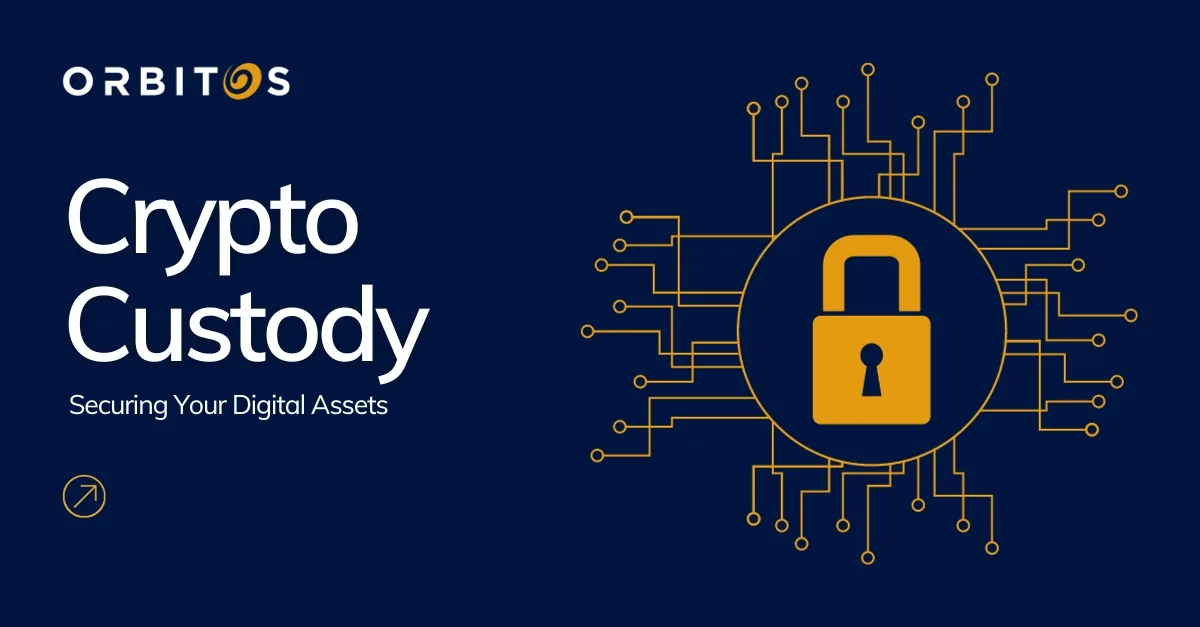Understanding the Need for CryptoCustodians
Cryptocurrencies operate on decentralized networks, providing users with a level of financial autonomy and control previously unimaginable. However, this decentralization also implies that users are solely responsible for the security of their digital assets. Unlike traditional banking, where financial institutions play a crucial role in securing your funds, the crypto world demands a more proactive approach.
The inherent risks associated with self-custody, such as the possibility of losing private keys, falling victim to phishing attacks, or encountering malware, have paved the way for CryptoCustodians. These specialized entities are designed to take on the responsibility of safeguarding large sums of cryptocurrencies on behalf of institutional investors, corporations, and even individual users who seek a higher level of security.

Security Measures Employed by CryptoCustodians
CryptoCustodians implement a range of security measures to ensure the integrity and safety of their clients’ digital assets. The following are some key features and practices commonly employed by reputable CryptoCustodians:
- Cold Storage: The majority of funds under custodianship are stored in cold wallets, which are offline and, therefore, less susceptible to hacking attempts compared to hot wallets connected to the internet.
- Multi-Signature Wallets: Multi-signature (multisig) wallets require multiple private keys to authorize a transaction, adding an extra layer of security. CryptoCustodians often use multisig solutions to reduce the risk of unauthorized access.
- Geographic Redundancy: To mitigate the risk of physical threats such as natural disasters or geopolitical events, CryptoCustodians often implement geographic redundancy. This involves having multiple secure storage locations in different regions.
- Insurance Policies: Some CryptoCustodians offer insurance coverage to protect against losses resulting from theft or hacking incidents. This insurance provides an additional layer of reassurance for clients concerned about the potential risks.
- Regular Audits: Reputable CryptoCustodians subject themselves to regular audits conducted by independent third-party security firms. These audits assess the custodian’s security infrastructure, policies, and overall effectiveness in safeguarding digital assets.
- Security Protocols: CryptoCustodians establish and enforce stringent security protocols within their organizations. This includes employee training, access controls, and continuous monitoring of systems to detect and respond to potential threats promptly.
CryptoCustodians and Institutional Adoption
The emergence of CryptoCustodians has played a pivotal role in facilitating institutional adoption of cryptocurrencies. Institutional investors, including hedge funds, family offices, and pension funds, often have stringent regulatory and security requirements. CryptoCustodians, with their focus on security and compliance, provide a bridge between the traditional financial world and the burgeoning crypto market.
In recent years, notable financial institutions and corporations have begun to allocate a portion of their portfolios to cryptocurrencies. The involvement of such entities has the potential to bring significant liquidity and stability to the crypto markets. However, this transition necessitates robust custodial solutions that meet the unique needs and expectations of institutional investors.
Challenges and Future Developments
While CryptoCustodians have made substantial strides in enhancing the security of digital assets, challenges persist. One notable challenge is the evolving nature of cyber threats, with hackers constantly devising new tactics to exploit vulnerabilities. CryptoCustodians must remain vigilant and adaptive to stay one step ahead of potential risks.
Moreover, regulatory uncertainties in various jurisdictions pose challenges to the global adoption of CryptoCustodians. As cryptocurrencies continue to gain mainstream acceptance, regulatory frameworks are likely to evolve, influencing the operational landscape for custodial services.
Looking ahead, advancements in technology, such as the integration of secure hardware wallets and the implementation of advanced cryptographic techniques, could further enhance the security posture of CryptoCustodians. Additionally, increased collaboration between custodians, regulators, and the broader crypto community is essential to establish best practices and standards for securing digital assets.
Conclusion
In the dynamic world of cryptocurrencies, where the keys to your financial kingdom lie in lines of code, the role of CryptoCustodians cannot be overstated. These specialized entities act as guardians of digital wealth, implementing robust security measures to protect against an array of potential threats. As institutional interest in cryptocurrencies continues to grow, the services provided by CryptoCustodians become increasingly vital, fostering trust and confidence among a broader spectrum of investors. While challenges persist, the evolution of custodial solutions and ongoing collaboration within the crypto ecosystem are paving the way for a more secure and resilient future for digital asset management.
